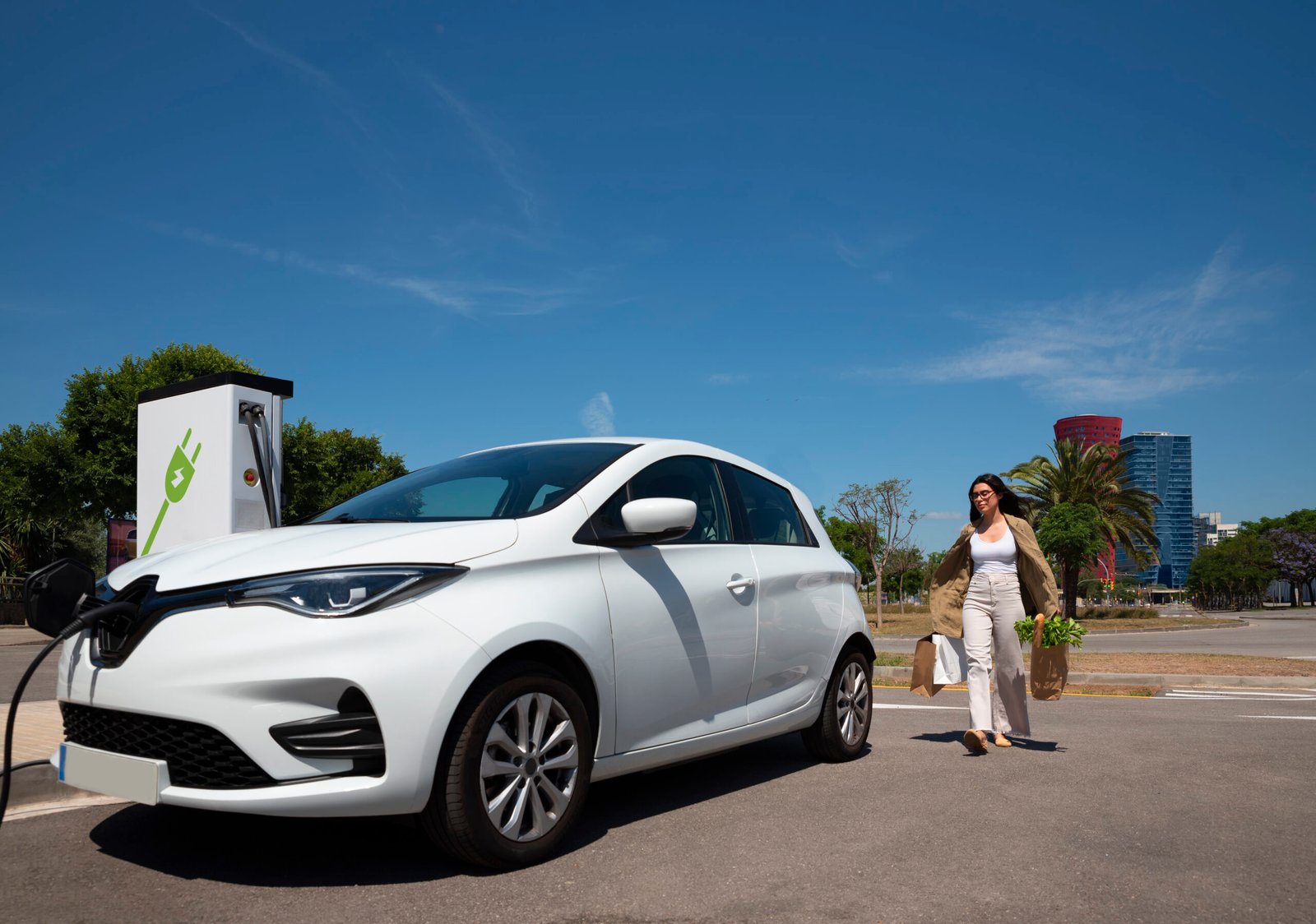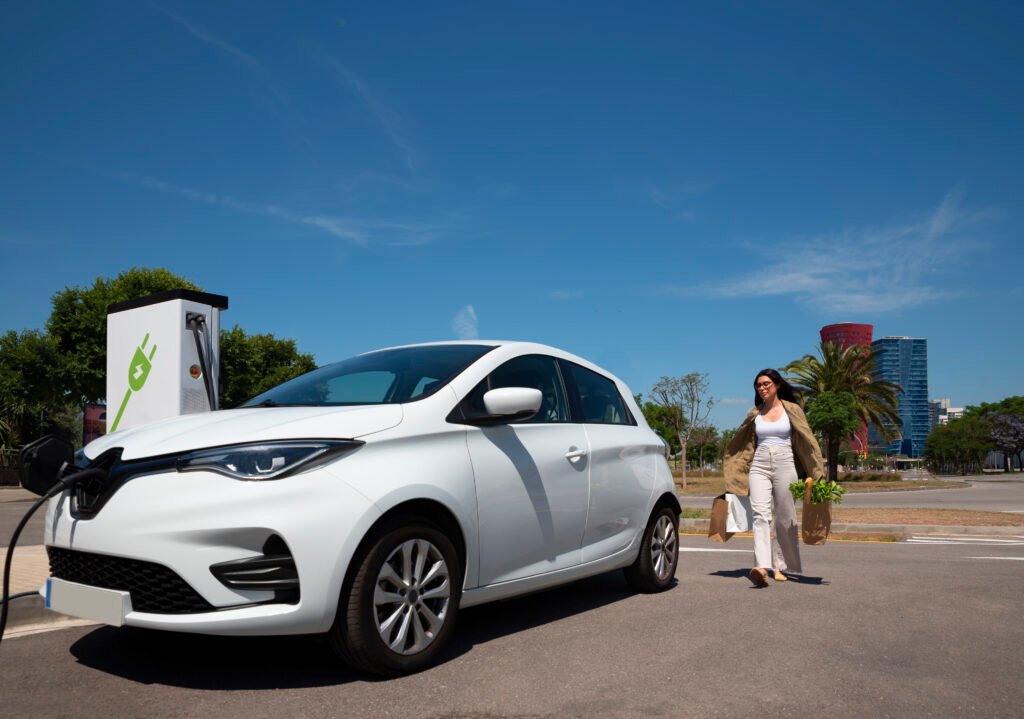
The Rise of Electric Vehicles: A New Era in Transportation
Table of Contents

Read More
-
Ampere Nexus Now Offers 5-Year Battery Warranty: Raising the Bar for Electric Scooters in India
-
TVS iQube 3.1kWh Variant Launched: More Range, More Value for Urban India
-
Kia Carens Clavis EV to Offer 490km ARAI-Certified Range, Premium Features Revealed
-
Tesla EV Sales Plunge 13% Amid Backlash Over Elon Musk’s Political Stance
-
Trump Declares End to Federal EV Mandate: What This Means for America’s Auto Industry, Consumers, and the Future of Electric Vehicles

The world is witnessing a significant shift in the transportation sector, and electric vehicles (EVs) are at the forefront of this revolution. As concerns about climate change, air pollution, and energy efficiency continue to grow, EVs are emerging as a cleaner, more sustainable, and increasingly popular alternative to traditional gasoline-powered cars.
What are Electric Vehicles?
Electric vehicles, also known as electric cars, are vehicles that are powered by electric motors, using electrical energy stored in rechargeable batteries. Unlike internal combustion engine (ICE) vehicles, which run on gasoline or diesel, EVs do not have a tailpipe, and therefore, do not emit harmful pollutants into the atmosphere.
How Do EVs Work?
EVs work by using electric motors, which are powered by a battery pack. The battery pack is charged by an external power source, such as a wall socket or charging station. The electric motor uses the electrical energy stored in the battery to propel the vehicle. EVs also have a regenerative braking system, which captures some of the kinetic energy and converts it back into electrical energy, further increasing the vehicle’s efficiency.
Benefits of Electric Vehicles
The advantages of EVs are numerous, making them an attractive option for many car buyers. Some of the key benefits include:
1. Zero Emissions: EVs produce zero tailpipe emissions, reducing greenhouse gas emissions and air pollution in urban areas.
2. Lower Operating Costs: EVs are significantly cheaper to run, with lower fuel costs (electricity is generally less expensive than gasoline) and lower maintenance costs (fewer moving parts means less wear and tear).
3. Quieter Ride: EVs offer a quieter, smoother driving experience, making them ideal for daily commutes.
4. Improved Performance: EVs have excellent acceleration and performance, thanks to the instant torque provided by their electric motors.
5. Government Incentives: Many governments offer incentives, such as tax credits or rebates, to encourage the adoption of EVs.



